N
Nancy Clark
Guest
Caffeine: Performance Enhancement in a Mug
Caffeine … the world wakes up to caffeine but how does it impact athletes? Stimulating to the central nervous system which reduces fatigue, caffeine can positively affect athletes’ performances, and research does show shown that it improves endurance, especially for power sports.
Whether you are looking for a hit, boost, pleasing stimulant, or excuse to socialize with your friends, coffee is the go-to beverage for many soccer players.
Coffee-drinkers enjoy the way a cup of morning brew enhances their feelings of well-being and their ability to accomplish daily tasks. An estimated 80% of us drink coffee daily.
Why, we are more likely to drink coffee than eat fruit! Thank goodness moderate coffee intake is typically not associated with health risks. For soccer athletes, caffeine is a proven performance enhancer.
In their 2013 book Caffeine for Sports Performance, still a definitive resource on caffeine, sports dietitians Louise Burke and Ben Desbrow and exercise physiologist Lawrence Spriet address all-things-caffeine that a soccer enthusiast might want to know.
Here are just a few tidbits from this comprehensive resource. Perhaps the information will help you add a little bit of zip to your workouts.
Note: No amount of caffeine will compensate for a lousy diet. If you choose to use caffeinated products to enhance your sports performance, make sure you are also fueling wisely!
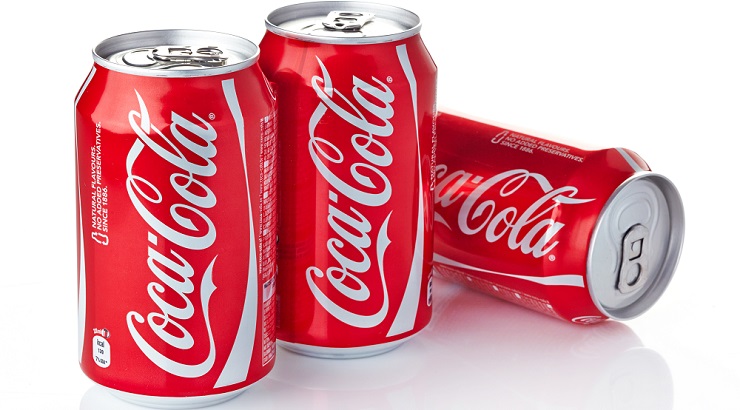

For example, triathletes commonly consume caffeinated gels before each segment, to distribute the caffeine throughout the event rather than have a big pre-race jolt that might make them feel shaky and unable to concentrate. Some athletes delay caffeine intake until fatigue starts to appear, and then they ingest 0.5-1 mg/lb (1-2 mg/kg) body weight.
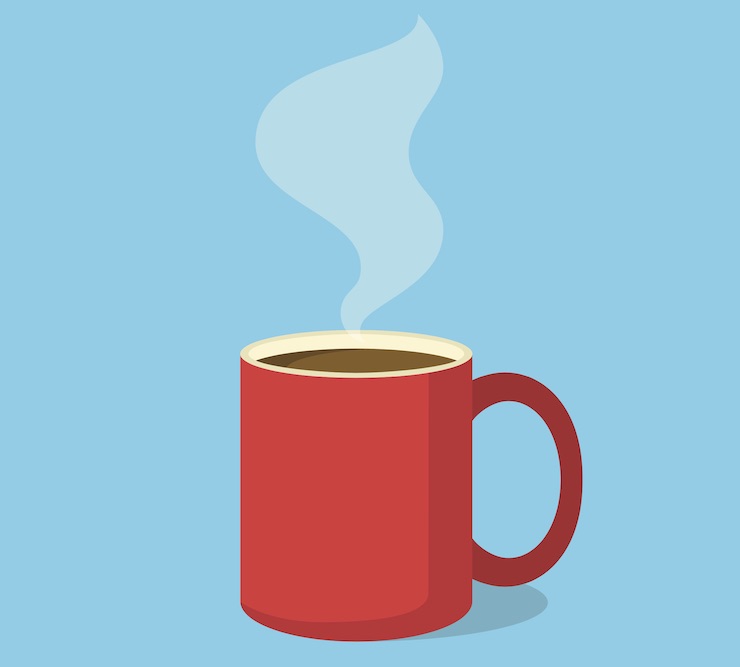
A comparison of the caffeine content in 16 ounces of coffee from 20 coffee vendors ranged from about 60 to 260 mg. Even when the researchers purchased the same brand of coffee (Starbucks Breakfast Blend) from the same location on six consecutive days, the caffeine content ranged from about 260 to 565 milligrams per 16 ounces.
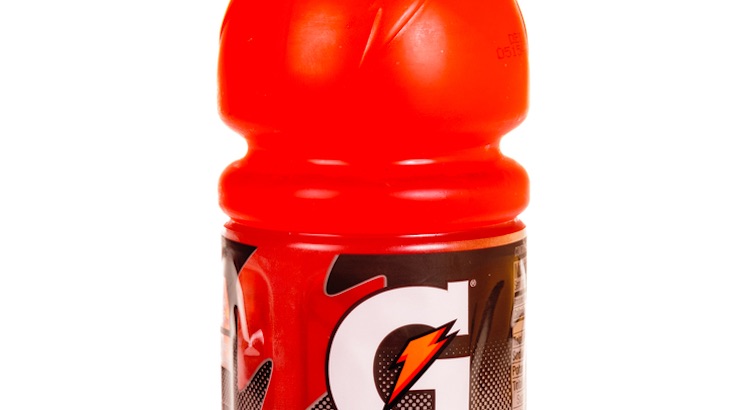
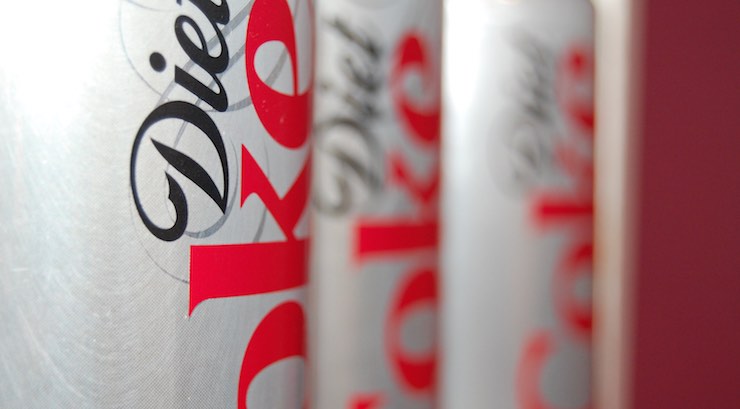
Read: NUTRITION FOR SOCCER PLAYERS: HOW TO AVOID SNACK ATTACKS
Caution: Consuming caffeine might contribute to negative effects. For example, let’s say you are playing in more than one competitive game in a day. If caffeine helps you go harder in the first game, will that “fry” you for the second game?
With weekend tournaments, will too much caffeine on the first day ruin your sleep, so you are unable to perform as well on the second day? More research is needed to answer those questions but for the moment, these situations provide good examples of why it is sensible to use the smallest effective dose of caffeine.
Did you know: In 1984, caffeine was banned by the International Olympic Committee (IOC) and the World Anti-Doping Agency (WADA). But in 2004, WADA reversed the ruling. New research indicated the amount of caffeine needed to reach the threshold dose was detrimental to performance.
Read: SOCCER PLAYERS: GET AN ADVANTAGE AND WIN WITH GOOD NUTRITION
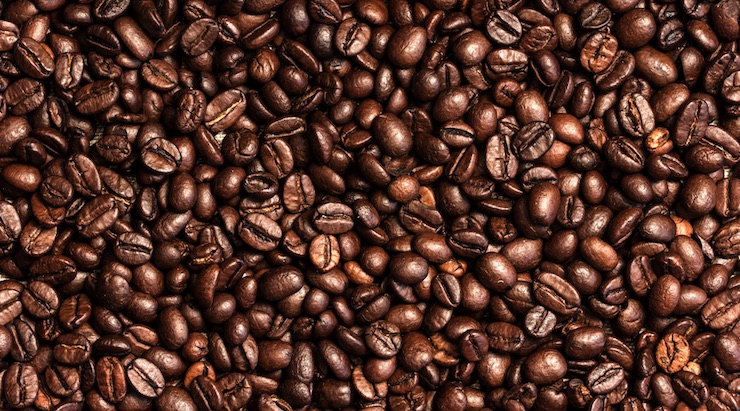
Although caffeine is no longer banned by WADA, it is on the banned list for NCAA, the governing body of collegiate sports. Collegiate athletes can be cited for doping if their caffeine level is higher than 15 micrograms/ml urine. (A normal urine caffeine level is between 1-2 micrograms). Unlikely but possible.
• Teen soccer players should be fully mature and eating an optimal sports diet before even considering the use of caffeine. Again, no amount of caffeine will compensate for lousy fueling practices.
• For even more helpful tips and tid-bits, get a copy of Caffeine for Sports Performance. You’ll actually stay awake while reading it; the book is not a snoozer!
Note: For a 150-pound (68 kg) soccer athlete, the recommended dose of caffeine is about 200 mg one hour before exercise. That’s the amount in a large mug (16 oz) of coffee. No problem for most coffee-drinkers.

SIDEBAR: Nutritional and medical advice changes with new discoveries and interpretations. Always check with your medical provider and/or nutritionist for what is best for you and your family.

Sports Nutritionist Nancy Clark
Nancy Clark, MS, RD counsels both casual and competitive athletes at her office in Newton, MA (617-795-1875). Her best selling Sports Nutrition Guidebook and Food Guide for Soccer offer additional information. They are available at www.NancyClarkRD.com. Her online workshop, www.NutritionSportsExerciseCEUs.com is popular with health professionals and athletes alike.
Read: SOCCER NUTRITION: DISCIPLINE IN A PANDEMIC – A LITTLE COMFORT FOOD IS OK
The post SOCCER PLAYERS: THE SCOOP ON CAFFEINE appeared first on SoccerToday.
Continue reading...
SoccerToday News from Diane Scavuzzo
Caffeine … the world wakes up to caffeine but how does it impact athletes? Stimulating to the central nervous system which reduces fatigue, caffeine can positively affect athletes’ performances, and research does show shown that it improves endurance, especially for power sports.
Whether you are looking for a hit, boost, pleasing stimulant, or excuse to socialize with your friends, coffee is the go-to beverage for many soccer players.
Coffee-drinkers enjoy the way a cup of morning brew enhances their feelings of well-being and their ability to accomplish daily tasks. An estimated 80% of us drink coffee daily.
Why, we are more likely to drink coffee than eat fruit! Thank goodness moderate coffee intake is typically not associated with health risks. For soccer athletes, caffeine is a proven performance enhancer.
In their 2013 book Caffeine for Sports Performance, still a definitive resource on caffeine, sports dietitians Louise Burke and Ben Desbrow and exercise physiologist Lawrence Spriet address all-things-caffeine that a soccer enthusiast might want to know.
Here are just a few tidbits from this comprehensive resource. Perhaps the information will help you add a little bit of zip to your workouts.
Note: No amount of caffeine will compensate for a lousy diet. If you choose to use caffeinated products to enhance your sports performance, make sure you are also fueling wisely!

- A cup of pre-exercise coffee can help most soccer players work harder—without realizing it.
- Caffeine has been shown to enhance performance by about 1% to 3%, particularly in endurance sports. For example, cyclists who consumed caffeine prior to a 24-mile (40-km) time-trial generated 3.5% more power than when they did the ride without caffeine.
- Athletes vary in their responsiveness to caffeine, from highly effective to negative.
- Some of the side effects associated with too much caffeine include higher heart rate, anxiety, “coffee stomach”, irritability, and insomnia.
- The recommended performance-enhancing dose of caffeine is about 1.5 mg/lb (3 mg/kg) body weight.
- This can be consumed 1 hour before you play, and/or during a long session (such as a caffeinated gel or de-fizzed cola every hour).

For example, triathletes commonly consume caffeinated gels before each segment, to distribute the caffeine throughout the event rather than have a big pre-race jolt that might make them feel shaky and unable to concentrate. Some athletes delay caffeine intake until fatigue starts to appear, and then they ingest 0.5-1 mg/lb (1-2 mg/kg) body weight.
- Caffeine’s ergogenic effect maxes out at about 200 to 250 mg caffeine.
- This is much less than previously recommended.) More is not better. Experiment during training to learn what amount (if any works best for your body!
- Because the amount of caffeine in coffee and tea varies, elite athletes commonly use caffeine pills or commercial products to ensure the desired intake.

A comparison of the caffeine content in 16 ounces of coffee from 20 coffee vendors ranged from about 60 to 260 mg. Even when the researchers purchased the same brand of coffee (Starbucks Breakfast Blend) from the same location on six consecutive days, the caffeine content ranged from about 260 to 565 milligrams per 16 ounces.
- Research suggests the caffeine content of espresso also varies. A customer might get served 0.5 to 3.0 ounces of espresso (depending on the barista’s generosity) with a caffeine range of 25 to 214 mg. In general, the larger vendors (such as Starbucks) offer a more consistent product.
- But this means you don’t know what you will be getting if you plan to purchase a pre-race espresso or coffee.

- Energy drinks are a popular source of caffeine. A study of 500 college students in North Carolina reports 51% drank at least one energy drink in an average month in the semester. Sixty-seven percent used the energy drink to stay awake; 65%, to increase energy; and 54%, to drink with alcohol while partying.
- Caffeinated chewing gum is popular among (sleep-deprived) soldiers. The gum effectively boosts physical and mental performance and helps maintain reaction time, vigilance, and the ability to think clearly.
- The caffeine in chewing gum gets delivered quicker than via a pill (achieving significant levels in the blood in 5 vs. 30 minutes) because it gets absorbed through the cheeks, not the gut.

- Caffeinated (non-diet) colas offer not only caffeine but also a hefty dose of sugar. Colas, taken later in a long game, can provide a much-needed source of fuel so the combination of caffeine + sugar can provide a nice boost. Hence, some soccer players claim de-fizzed Coca-Cola is their preferred sports drink despite having only 35 mg caffeine per 12-ounce can.
- Caffeine is only a weak diuretic and is no longer considered to be dehydrating. A novice coffee drinker can become tolerant to the diuretic effects of caffeine in 4 to 5 days of regular caffeine intake. Even high doses (3 mg/lb; 6 mg/kg) have no significant effect on urine production in coffee or tea drinkers. Hence, there appears to be no hydration-related reason for athletes to avoid caffeinated beverages.
Read: NUTRITION FOR SOCCER PLAYERS: HOW TO AVOID SNACK ATTACKS
Caution: Consuming caffeine might contribute to negative effects. For example, let’s say you are playing in more than one competitive game in a day. If caffeine helps you go harder in the first game, will that “fry” you for the second game?
Can taking another dose of caffeine counter that fatigue?
With weekend tournaments, will too much caffeine on the first day ruin your sleep, so you are unable to perform as well on the second day? More research is needed to answer those questions but for the moment, these situations provide good examples of why it is sensible to use the smallest effective dose of caffeine.
Did you know: In 1984, caffeine was banned by the International Olympic Committee (IOC) and the World Anti-Doping Agency (WADA). But in 2004, WADA reversed the ruling. New research indicated the amount of caffeine needed to reach the threshold dose was detrimental to performance.
Read: SOCCER PLAYERS: GET AN ADVANTAGE AND WIN WITH GOOD NUTRITION

Although caffeine is no longer banned by WADA, it is on the banned list for NCAA, the governing body of collegiate sports. Collegiate athletes can be cited for doping if their caffeine level is higher than 15 micrograms/ml urine. (A normal urine caffeine level is between 1-2 micrograms). Unlikely but possible.
• Teen soccer players should be fully mature and eating an optimal sports diet before even considering the use of caffeine. Again, no amount of caffeine will compensate for lousy fueling practices.
• For even more helpful tips and tid-bits, get a copy of Caffeine for Sports Performance. You’ll actually stay awake while reading it; the book is not a snoozer!
Note: For a 150-pound (68 kg) soccer athlete, the recommended dose of caffeine is about 200 mg one hour before exercise. That’s the amount in a large mug (16 oz) of coffee. No problem for most coffee-drinkers.

SIDEBAR: Nutritional and medical advice changes with new discoveries and interpretations. Always check with your medical provider and/or nutritionist for what is best for you and your family.

Sports Nutritionist Nancy Clark
Nancy Clark, MS, RD counsels both casual and competitive athletes at her office in Newton, MA (617-795-1875). Her best selling Sports Nutrition Guidebook and Food Guide for Soccer offer additional information. They are available at www.NancyClarkRD.com. Her online workshop, www.NutritionSportsExerciseCEUs.com is popular with health professionals and athletes alike.
Read: SOCCER NUTRITION: DISCIPLINE IN A PANDEMIC – A LITTLE COMFORT FOOD IS OK
The post SOCCER PLAYERS: THE SCOOP ON CAFFEINE appeared first on SoccerToday.
Continue reading...
SoccerToday News from Diane Scavuzzo
